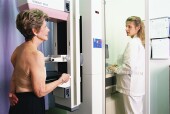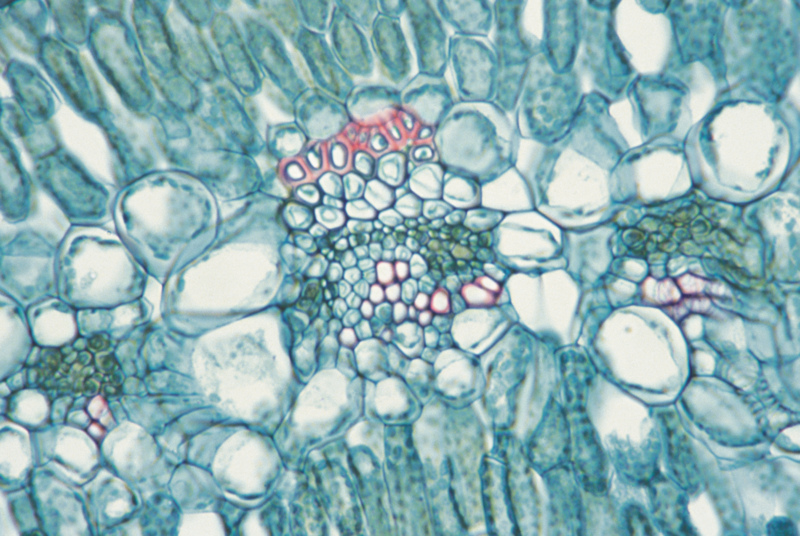
SUNDAY, April 7 (HealthDay News) — Older women diagnosed with breast cancer years after their last mammogram, and those who never had a mammogram, have an increased risk of dying from their cancer, a new study suggests.
Researchers analyzed data from about 8,600 women in the United States who were diagnosed with breast cancer.
The investigators found that 23 percent of women who had their last mammogram five or more years before being diagnosed with breast cancer had advanced cancer, compared with 20 percent of those who had a mammogram six months to a year before their diagnosis.
This is a statistically significant difference that could affect large numbers of women, according to the researchers.
The study also found that a longer interval between a mammogram and breast cancer diagnosis was associated with an increased risk of dying from breast cancer among women aged 75 and older.
In this age group, those who were diagnosed five or more years after their last mammogram or had never had a mammogram were three times more likely to die from breast cancer than those who had a mammogram six months to a year before their diagnosis.
These associations were not found in younger women, according to the study scheduled for presentation at the annual meeting of the American Association for Cancer Research (AACR), taking place April 6 to 10 in Washington, D.C.
“I am not sure why we are seeing these results particularly for older women. Tumors of younger women were more likely to be a little more unfavorable overall,” Dr. Michael Simon, leader of the breast multidisciplinary team at the Barbara Ann Karmanos Cancer Institute in Detroit, said in an AACR news release.
“It is possible that the differences in the relationship between screening interval and [death] in older versus younger women may be related to the more aggressive nature of the tumors in younger women, which might obliterate the effects of more screening. Other reasons may include differences in cancer treatment, information that was not available for this [group] of women,” Simon added.
The study did not prove a cause-and effect relationship between gaps in mammograms and worse breast cancer results. Because it was presented at a medical meeting, data and conclusions should be viewed as preliminary until published in a peer-reviewed journal.
More information
The U.S. National Cancer Institute has more about mammograms.

